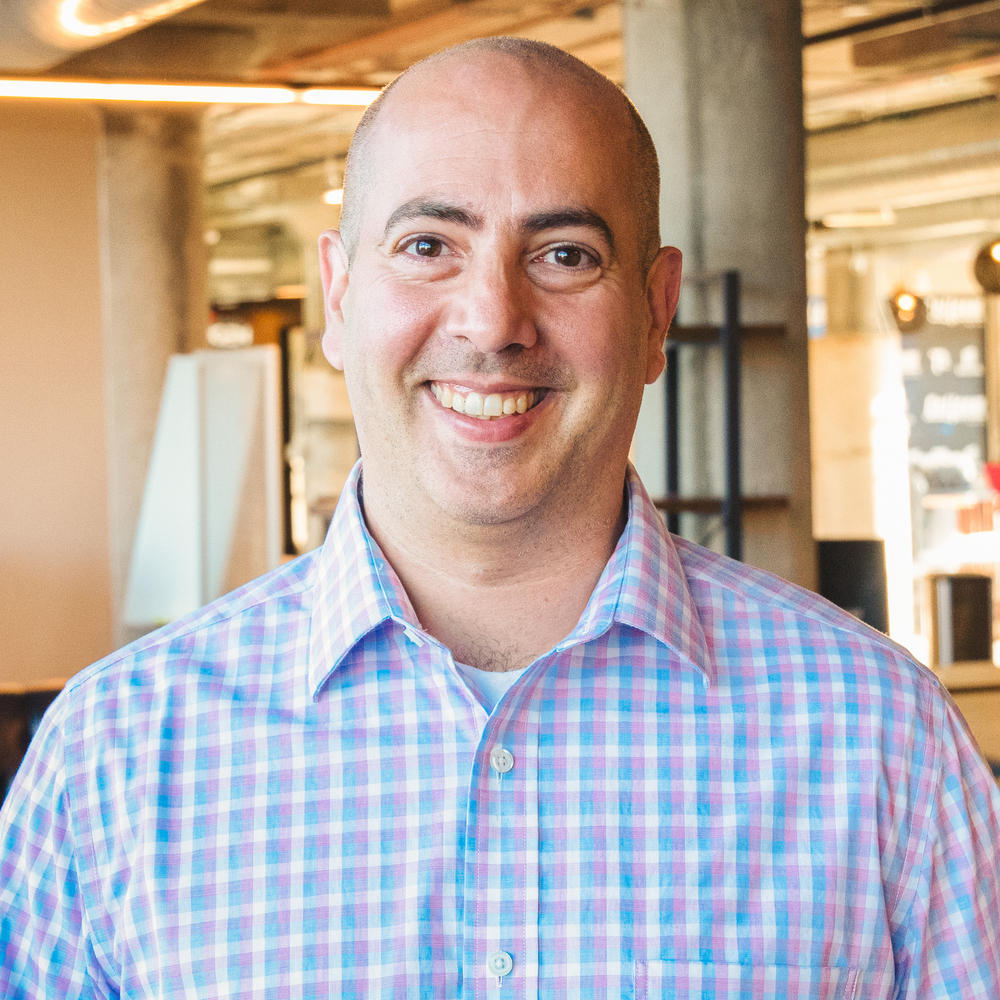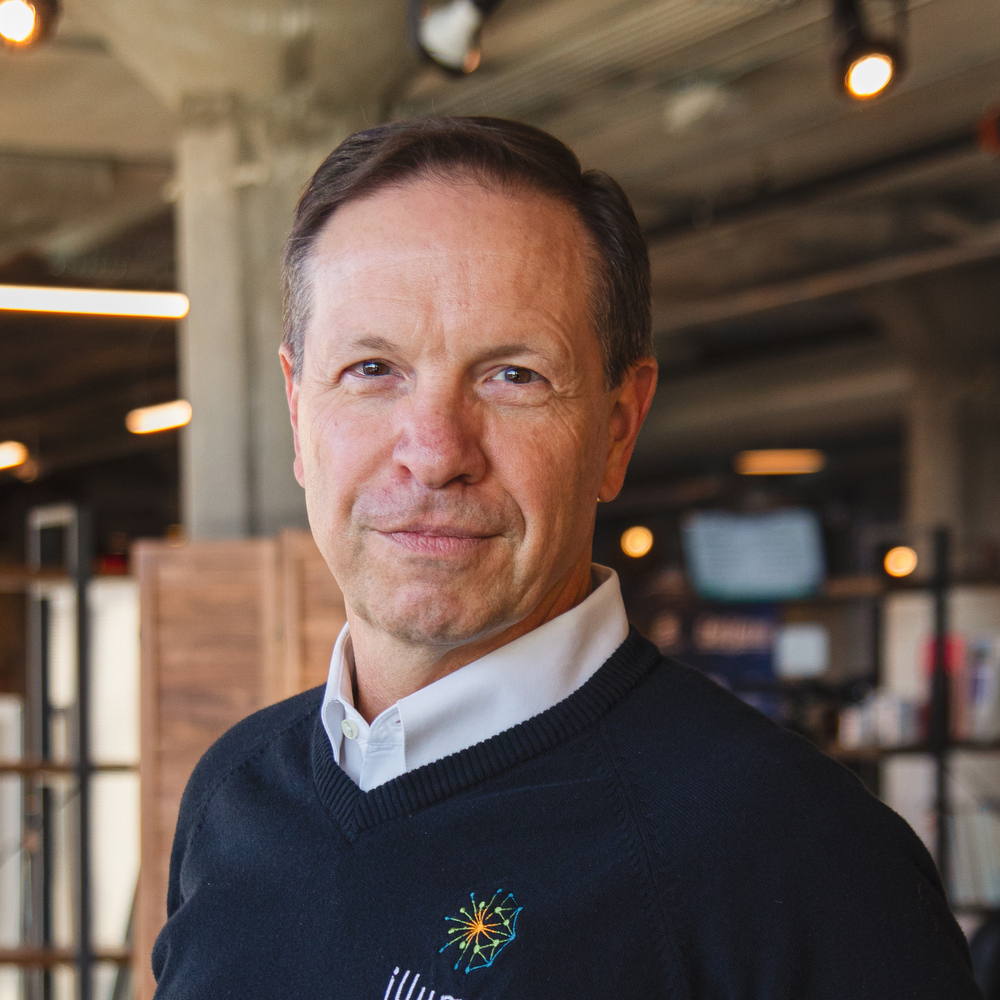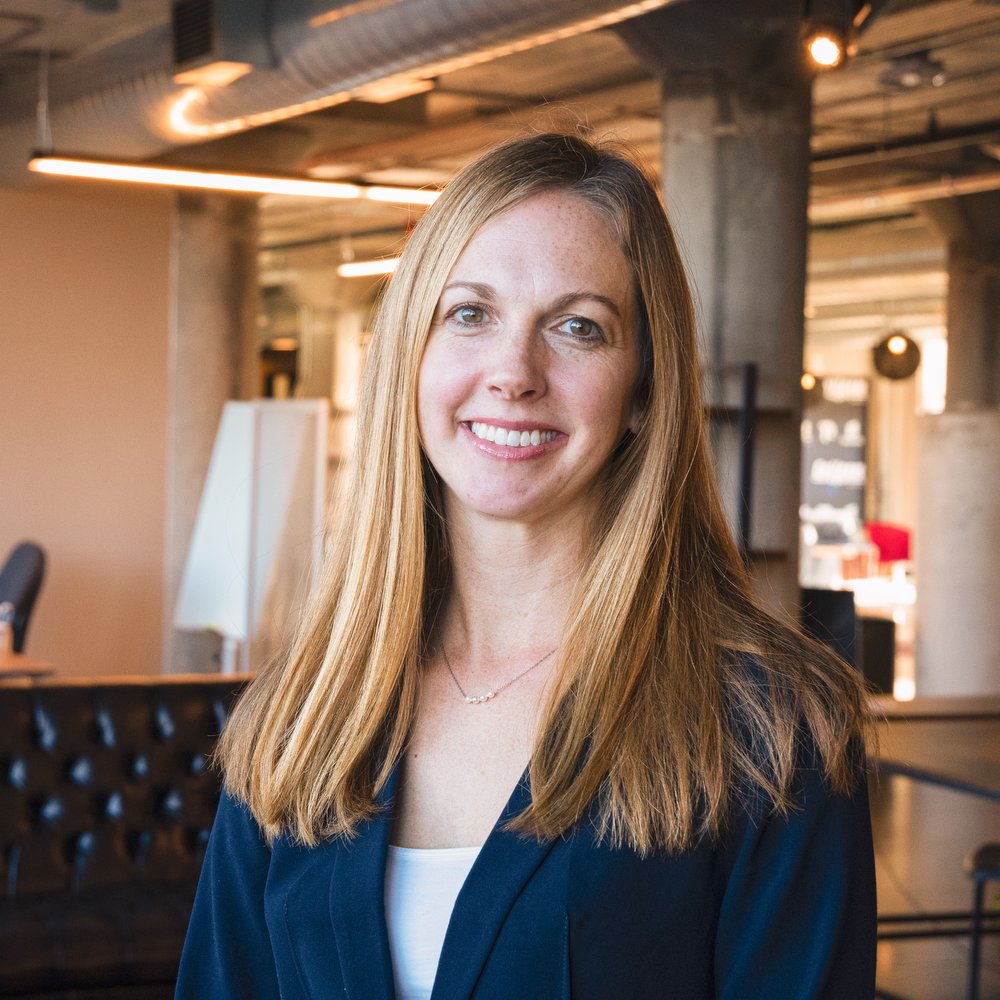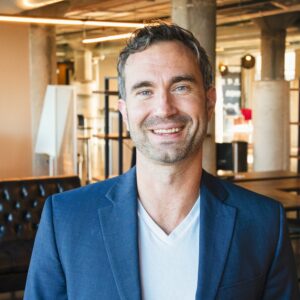When it comes to building high-performing teams, one of the most critical factors to consider is the dynamic between personality similarities and differences among team members. This interplay can either fuel collaboration and creativity or breed conflict and inefficiency, depending on how it is understood and managed.
Two Opposing Theories: Similarity vs. Dissimilarity
Researchers have long debated whether personality similarities or differences contribute more to team compatibility and success. On one side of the argument, the “similarity camp” suggests that teams comprised of individuals with similar personalities tend to work together more seamlessly. They share common mental models, communication styles, and approaches to problem-solving, which can lead to increased productivity, especially in task-oriented roles.
However, the “dissimilarity camp” champions the power of diverse personalities within a team. While differences can potentially lead to more conflict and slower decision-making, they also foster creativity, innovation, and the ability to tackle complex problems from multiple perspectives.
The Case for Similarity
Proponents of the similarity approach point to several key benefits:
1. Shared Mental Models: When team members have similar ways of thinking and perceiving the world, it becomes easier to establish shared mental models – a crucial element for effective teamwork. This shared understanding facilitates smoother collaboration, as everyone is on the same page regarding tasks, responsibilities, and desired outcomes.
2. Mutual Trust and Rapport: Similarities in personality traits often lead to a natural sense of rapport and trust among team members. They can relate to each other’s communication styles and work preferences, which can minimize misunderstandings and conflicts.
3. Increased Productivity: Research has shown that teams with similar personalities tend to be more productive, especially in task-oriented roles where the goal is clear and well-defined, such as construction crews building a wall or call center employees handling customer inquiries.
The Case for Dissimilarity
While personality similarities can foster harmony and efficiency, dissimilarities can be equally valuable, particularly when it comes to tackling complex challenges:
1. Creativity and Innovation: Teams with diverse personalities bring a wider range of perspectives, experiences, and problem-solving approaches to the table. This diversity can spark creative thinking, challenge assumptions, and lead to innovative solutions that might not have emerged from a homogeneous group.
2. Complex Problem-Solving: Dealing with multifaceted issues often requires a variety of skill sets and viewpoints. Teams comprising individuals with different personality traits can more effectively analyze problems from multiple angles, leading to more comprehensive solutions.
3. Adaptability: In today’s rapidly changing business landscape, teams need to be agile and adaptable. Diverse personalities can contribute to a team’s ability to navigate changes and pivot strategies more effectively, as they are not bound by a single, rigid mindset.
Choosing the Right Compatibility Model
While both similarity and dissimilarity camps present compelling arguments, the key to selecting and designing the right teams is based on the specific needs and goals of the organization, function, or project.
For tasks that are more straightforward and require high productivity, a team with greater personality similarities may be more effective. However, for complex problem-solving or situations that demand innovation, a diverse team with a healthy mix of personalities can be invaluable.
Regardless of the team composition, it is crucial to cultivate an environment of trust, open communication, and mutual respect. This enables team members to leverage their differences as strengths while minimizing the potential for unproductive conflict.
The Role of Personality Assessments
To better understand the dynamics within a team, organizations can leverage personality assessments like the Big Five framework. These tools quantify behavior patterns, allowing you to see if your team is more similar or different. They also provide insights into individual traits and team dynamics, helping leaders normalize challenges and develop strategies for maximizing team potential.
By understanding the unique personalities and working styles of team members, leaders can thoughtfully assign roles and responsibilities that play to everyone’s strengths. They can also facilitate better communication and collaboration by providing a shared language and framework for understanding and appreciating differences.
Team Building is an Ongoing Process
Building high-performing teams is not a one-size-fits-all endeavor, and it is not something you get right on the first try and never revisit. In particular, if you have a significant amount of personality dissimilarity in a team, know that your team is at risk for greater conflict. It then becomes even more important to incorporate team-building strategies with your team. A simple and easy-to-remember framework that can guide your team building efforts is Plan-Do-Study-Act (PDSA). Here’s how a leader might apply this to shape and guide their team:
Plan:
- Assess the current team dynamics using the Big Five or other personality assessments.
- Identify areas where personality similarities or differences are impacting team performance.
- Set specific goals for improving team collaboration, communication, or productivity.
- Develop strategies to leverage strengths and address challenges based on personality insights.
Do:
- Implement targeted interventions or activities designed to improve team dynamics.
- Assign roles or tasks that align with individual strengths and team needs.
- Facilitate team-building exercises that promote understanding of different personality types.
- Encourage open communication about working styles and preferences.
Study:
- Regularly collect feedback from team members about the effectiveness of new strategies.
- Monitor key performance indicators related to team productivity and collaboration.
- Observe how different personality types interact and contribute to team goals.
- Analyze any conflicts or challenges that arise, considering the role of personality differences.
Act:
- Refine team-building strategies based on collected data and observations.
- Adjust role assignments or communication methods to better suit team dynamics.
- Provide additional support or resources where needed to address persistent challenges.
- Celebrate successes and recognize individual contributions to team growth.
This cycle can be repeated continuously, allowing the leader to iteratively improve team dynamics and performance. By consistently applying this framework, a leader can create an environment where diverse personalities can thrive and contribute effectively to the team’s goals.
By embracing the strengths of both similarity and dissimilarity, leaders can create environments that foster trust, open communication, and a willingness to learn from one another. This, in turn, enables teams to navigate challenges, leverage diverse perspectives, and ultimately achieve greater success.
To learn more about personality compatibility, listen to Episode 8 of the Connecting the Dots podcast with our Founder, Steve Utech, and Ryan Gracyalny. If you want to take a Big Five assessment yourself, check out illumyx’s Behavior & Personality Insights or email us at contact@illumyx.com.





